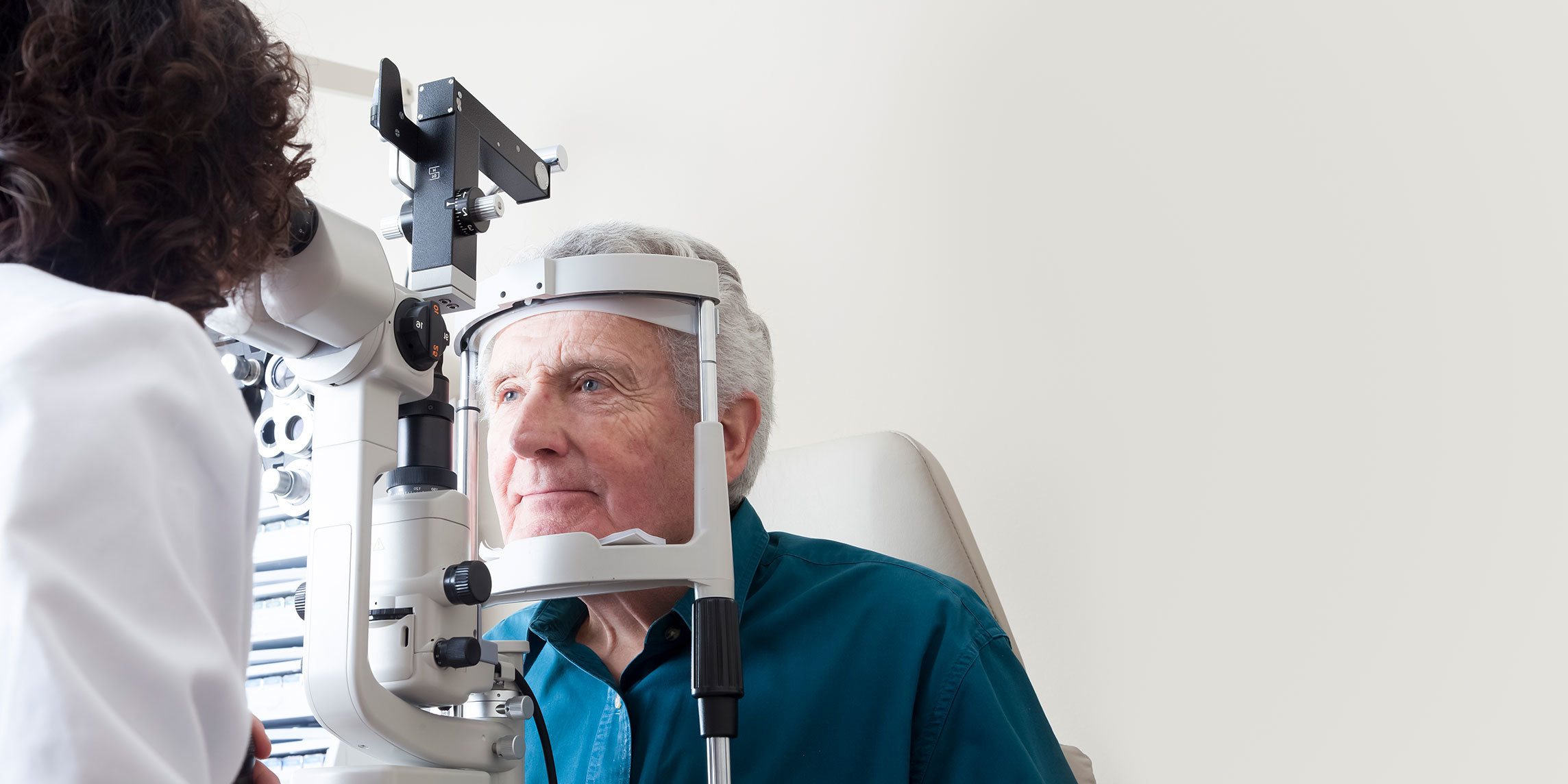About Keratoconus
The cornea covers the front of your eye, protecting structures such as the lens and iris and filtering the light that enters the eye. In keratoconus, the cornea thins and forms a cone-shaped protrusion which impairs the structure’s function. The exact cause of this corneal thinning is unknown, but it is thought to be related to either collagen levels in the cornea or dysregulated regeneration of corneal cells.
Symptoms of Keratoconus
Keratoconus symptoms vary based on disease progression.
Symptoms of keratoconus may include:
- Blurred or reduced vision
- Difficulty seeing at night
- Eye pain, possibly with associated headaches
- Halos around bright lights and/or increased sensitivity to bright light
Risk Factors for Keratoconus
Keratoconus affects both sexes and all ethnicities and typically develops between the ages of 10 and 19.
Risk factors for keratoconus may include:
- Family history: Keratoconus is thought to run in the family
- Health history: Eczema, allergies, and asthma can all contribute to condition onset, as can frequent eye rubbing
Treating Keratoconus at UT Health Austin
Keratoconus can be diagnosed by one of a number of tests performed by an ophthalmologist. The treatment plan for keratoconus varies based on the extent of damage to your cornea. In some cases, your condition will simply need to be monitored, but in other cases, a surgical procedure called corneal collagen cross-linking is recommended. You may also be given a referral for specialty contact lenses. In severe keratoconus cases, you may need to undergo corneal transplant surgery. Your ophthalmologist will work with you to determine the best course of action, and if needed, refer you to a specialist for corneal cross-linking surgery.
Care Team Approach
At UT Health Austin, we take a multidisciplinary approach to your care. This means you will benefit from the expertise of multiple specialists across a variety of disciplines. Your care team will include fellowship-trained ophthalmologists who specialize in adult strabismus as well as neuro-ophthalmologists, ophthalmic technicians, physician assistants, nurse practitioners, social workers, and more who work together to help get back to the things in your life that matter most to you. We also collaborate with our colleagues at the Dell Medical School and The University of Texas at Austin to utilize the latest research, diagnostic, and treatment techniques, allowing us to identify new therapies to improve treatment outcomes. We are committed to communicating and coordinating your care with your other healthcare providers to ensure that we are providing you with comprehensive, whole-person care.
Learn More About Your Care Team

Mitchel and Shannon Wong Eye Institute
Health Transformation Building, 1st Floor
1601 Trinity Street, Bldg. A, Austin, Texas 78712
1-833-UT-CARES (1-833-882-2737)
Get Directions